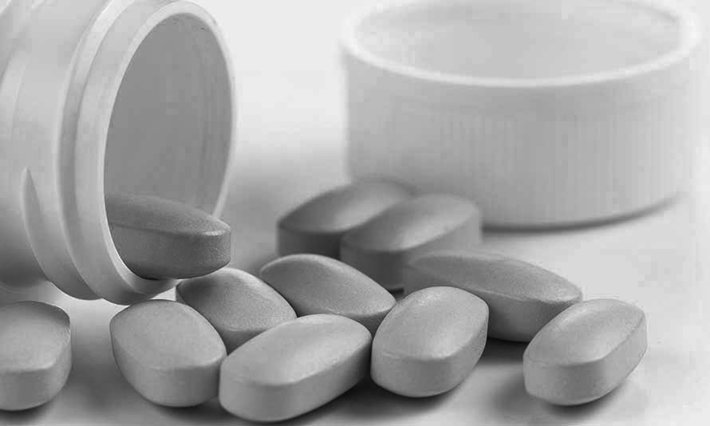Barbiturates are a group of drugs in the class known as sedative-hypnotics, which are known for inducing sleep and reducing anxiety. Barbiturate abuse is a significant health risk and its overdose can be fatal. These drugs were frequently prescribed as pain medication, and while their prescription has decreased, they remain a serious health concern given their extremely high addiction potential.
Barbiturates became popular in the 1960s and 1970s as a treatment for anxiety, insomnia, or seizure disorders. They started getting overprescribed and were abused to reduce anxiety, decrease inhibitions, and treat unwanted effects of illicit drugs. They can be extremely dangerous because the correct dose is difficult to predict, and sometimes even a slight overdose can cause coma or death. Barbiturates are highly addictive and can cause life-threatening withdrawal syndrome.

Barbiturate use and abuse have declined dramatically since the 1970s, replaced by opioids and then by benzodiazepines. As doctors are prescribing barbiturates less, and the illegal use of barbiturates has also declined. However, more recently, barbiturate abuse among teenagers is somewhat increasing.
Barbiturates can be injected into the veins or muscles, but they are usually taken orally in a pill form. There are various street names of commonly abused barbiturates, such as Amobarbital (downers, blue heavens/velvets/devils), pentobarbital (nembies, yellow jackets, abbots), phenobarbital (purple hearts, goofballs), etc. The recent increase in the abuse of barbiturates may be due to the popularity of stimulating drugs such as cocaine and methamphetamines. The barbiturates counteract the excitement and alertness obtained from the stimulating drugs.
Barbiturates are especially dangerous because they have been commonly used in suicide attempts. Barbiturate users have also been found to have other addictions, such as gambling, tobacco, alcohol, or other drugs.
The effects of barbiturates and alcohol are very similar. People who use them seek to obtain a “high,” similar to that of alcohol intoxication, or to counteract the effects of stimulant drugs. In small doses, it causes drowsiness, disinhibition, and intoxication. In higher doses, it causes slurred speech and confusion. At even higher doses, it may lead to coma, respiratory depression or even death.
Barbiturates have a narrow therapeutic-to-toxic range, which means the dose taken to have the desired effect and the one that causes toxic effects is small, which makes it an extremely dangerous drug. Barbiturates are also highly addictive. If taken daily for longer than about one month, pharmacologic dependence develops resulting in a severe withdrawal syndrome if the drug consumption is discontinued. Symptoms of withdrawal or abstinence include tremors, difficulty sleeping, and agitation. And worsening cases will manifest with hallucinations, high temperature, and seizures.
Barbiturates are especially dangerous for pregnant women, as it can cause addiction in the newborn, who might even present with withdrawal symptoms at the time of birth.
Overall, barbiturate use disorders is a serious clinical and public health issue and must be screened for and managed with high diligence and professional care.
